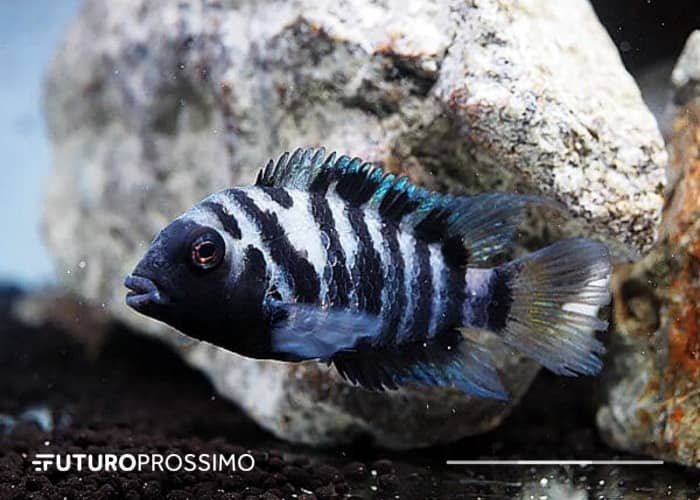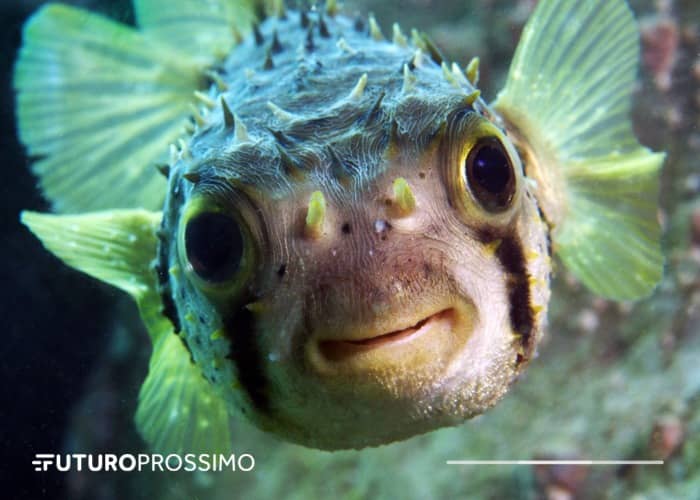Researchers from the Graduate School of Science, Osaka City University, they obtained evidence that fish are capable of passing the MSR, the Mirror Test. A psychological test that determines whether an animal has binocular visual self-recognition and self-awareness.
As the researchers explain in their study published in Plos Biology, an animal's ability to pass an MSR test is determined when they "touch or scrape a mark placed on their body in a location that can only be seen indirectly in a mirror."
Aquatic self-awareness
Previously, using a brown mark on the throat area of a cleaner wrasse Labroides dimidiatus, we had shown that three out of four specimens clear their throat several times after swimming in front of a mirror. A result equal to that obtained in similar studies on self-awareness conducted on other animals such as horses, elephants, dolphins and magpies.
Masanori Kohda, Osaka City University
One criticism of this finding was the sample size and the need for repeated studies showing positive results. In collaboration with researchers from the Max Planck Institute of Animal Behavior in Germany and the University of Neuchatel in Switzerland, this study increased the sample size to 18 specimens, with a positive result in 94% of cases. 17 out of 18 specimens confirmed the behavior observed in previous studies.

All doubts removed
Prof. Kohda says: “Some previous studies with other animals showed that simply moving a mirror reignites aggressive behavior. This suggested that the animal had learned only spatial contingency, not self-awareness.”
To avoid misunderstandings, the team transferred mirror-trained cleaner fish to a tank with a mirror on one side of the tank and then three days later to a tank with a mirror on the other side. Result? The fish no longer showed aggression towards their mirror.
Additionally, to ensure that the fish that passed the test actually recognized each other and showed self-awareness, the researchers placed mirror-trained fish in adjacent tanks separated by clear glass. After two or three days, when the fish had largely reduced their aggressive behavior towards each other, they were marked as standard the following night.
The implications of the study could be far-reaching, with the potential to change the way we see fish and other aquatic creatures. It is possible that further research into self-awareness in fish will provide evidence of complex cognitive features once thought to exist only in higher vertebrates.


